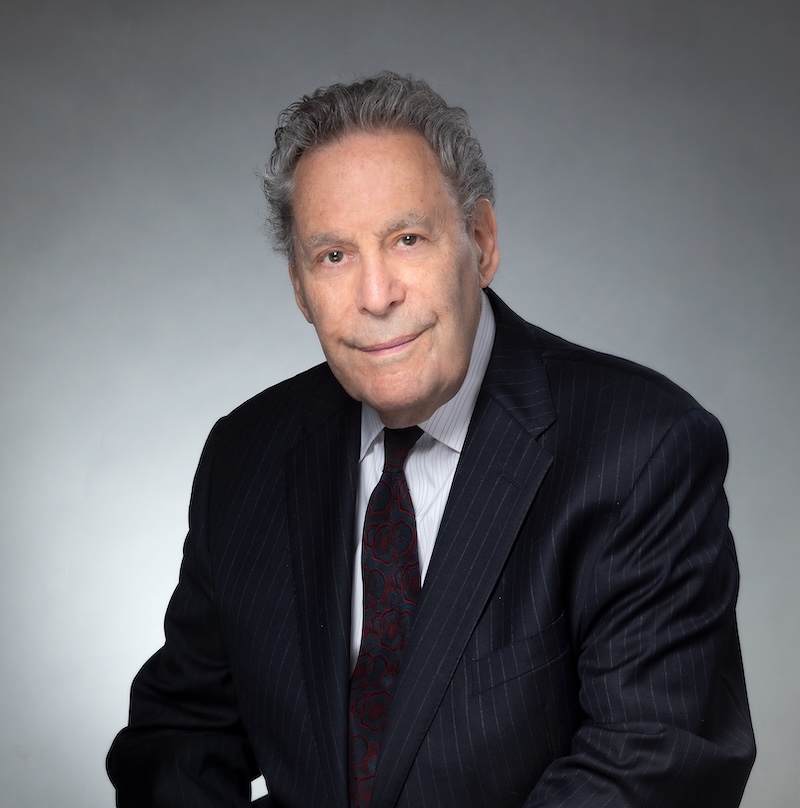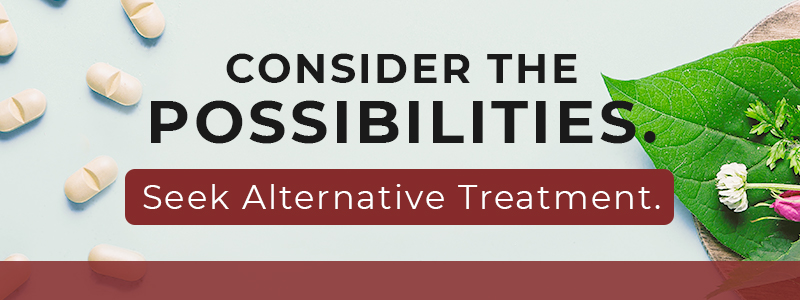Depression affects millions of people, and produces undesirable symptoms such as feelings of helplessness, a loss of interest in hobbies and activities, sleep changes, loss of energy, and anger and irritability. These symptoms make it difficult for millions of people to live a quality life. And while there are prescription medications to help treat depression, they often come with their own list of side effects. Side effects can include nausea, increased appetite and weight gain, loss of sexual desire, sleepiness, and more. So when the medication is often as challenging as the condition itself, many people with depression look for alternative medicine.
Alternative medicines have been around for centuries, but with the emergence of pharmaceutical medicine, alternative herbs and holistic medicine have fallen by the wayside. But it doesn’t mean that they aren’t as effective in helping a variety of illnesses, including depression, and without the challenge of side effects.
If you are struggling with depression, it’s important to speak with a doctor about your symptoms and to determine a treatment plan that fits your needs. Many doctors recommend pharmaceutical medicine, but if you want a more natural solution to your depression, here are a few herbs and treatment options you can ask your doctor about.
St. John’s Wort
St. John’s Wort is a yellow flowering plant and the alternative medicine has been around for thousands of years. The remedy is available commonly in tinctures and capsules, but also as a tea, and may offer relief for symptoms for mild depression. There are varying amounts of the plant in different products, so it’s important to understand the ingredients of the specific product you’re taking and the dosage that is right for you. In addition, some studies have shown that St. John’s Wort may interfere with prescription medication, potentially making symptoms of depression worse, especially when dealing with moderate to severe depression.
Ginseng
There are two main types of ginseng: Korean (Asian ginseng) and American (Panax Quinquefolius). You may also see Siberian ginseng (Eleutherococcus Senticosus) and Indian ginseng (Ashwagandha), although these are not true ginseng, but rather different parts of the plant with different active ingredients. Ginseng is a root plant that looks similar to ginger and has been known to help reduce fatigue, improve mental clarity, and reduce the effects of stress. If you are having difficulties staying motivated or need a boost of energy, a ginseng tea may be an alternative medicine to try.
Chamomile
A flowering plant that looks similar to daisies, chamomile flowers are often dried and brewed into teas. While it may be most known as a night time tea to help people sleep, it can also be used to help relieve feelings of stress and anxiety, which are symptoms associated with depression. A regular dose of one to two cups a day may provide meaningful antidepressant activity and improve health and wellbeing.
Lavender
Another flowering plant, lavender essential oils have been used for a variety of therapeutic purposes. According to animal studies completed in 2013, exposure to lavender significantly reduced anxiety and depression-like behaviors. Linalool and linalyl, naturally occurring terpenes in lavender have also been shown to depress the central nervous system, helping users to relax. Other studies have shown that lavender is an effective alternative medicine that can improve depressive symptoms.
Saffron
Derived from the flower of the Crocus sativus plant, saffron is commonly used as a spice, but there is some evidence that it offers antidepressant effects and can be used as an alternative medicine for anxiety and other mental disorders. Saffron is available in capsules, as teas, and loose dried flowers. If you’re looking for an alternative treatment for depression, ask your doctor for advice on dosage.
SAMe
Although not an herb, SAMe, short for S-adenosylmethionine, is a synthetic form of a naturally occurring chemical in the body. More research is needed to show the efficacy of SAMe, but there may be hope for the supplement when used in conjunction with serotonin reuptake inhibitors.
5-HTP
Another chemical that naturally occurs in the body, 5-HTP is short for 5-Hydroxytryptophan and may offer support for symptoms of depression, anxiety, migraines, sleep disorders, and more. The chemical works by increasing the production of serotonin, which is associated with treatment for a variety of ailments. Talk with your holistic medical doctor about finding a dosage that works for you and your needs.
Omega-3 Fatty Acids
Essential for normal brain function, our bodies don’t produce omega-3 fatty acids and so they must be obtained through the food we consume. Commonly found in fish such as salmon, sardines, and trout, fatty acids may provide some relief for symptoms of depression by interacting with mood-related molecules in the brain and anti-inflammatory properties.
Depression is an incredibly challenging condition, and researchers are still studying the cause, symptoms, and looking for the best treatment options. By studying the brain, chemicals in the body, and how certain herbs interact with the body, there have been many positive results.
If you are struggling with depression, it is essential that you consult with a doctor who can look at your specific symptoms and determine the best course of action for your unique needs. At ICNR (International Center for Nutritional Research), Dr. Gerald H. Smith wants to help people find alternative medicine to treat a variety of conditions. Certified by the World Organization for Natural Medicine, Dr. Smith is dedicated to providing natural, alternative medicine that can help relieve symptoms without adverse side effects. Depression is a treatable condition, and with the help of natural medicines, it can be managed so that people can live a quality life. Contact Dr. Smith today for a consultation.


